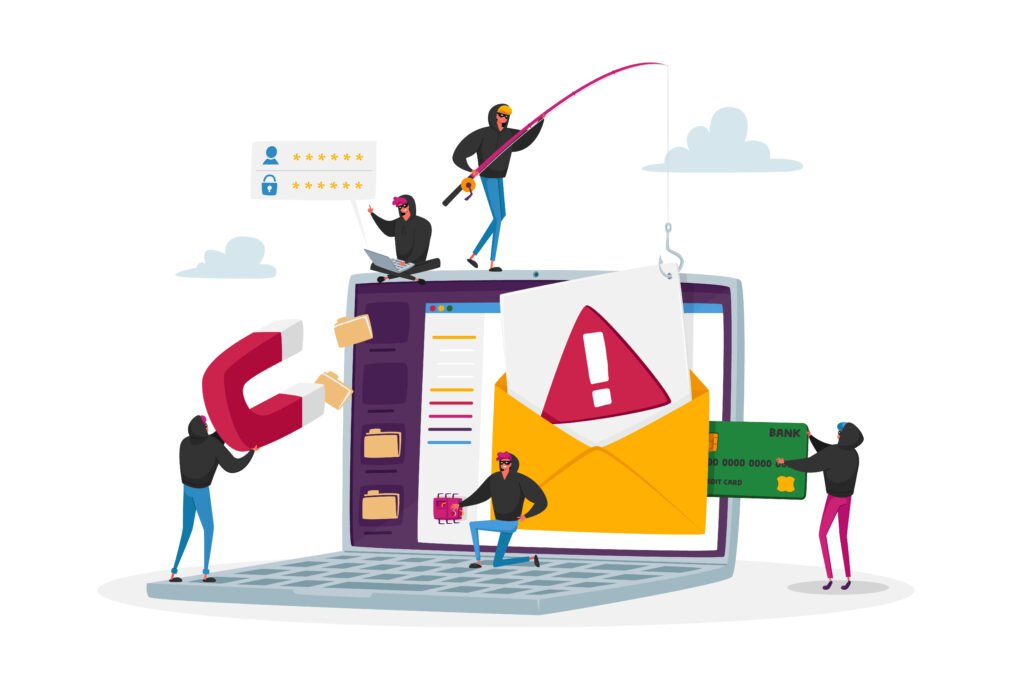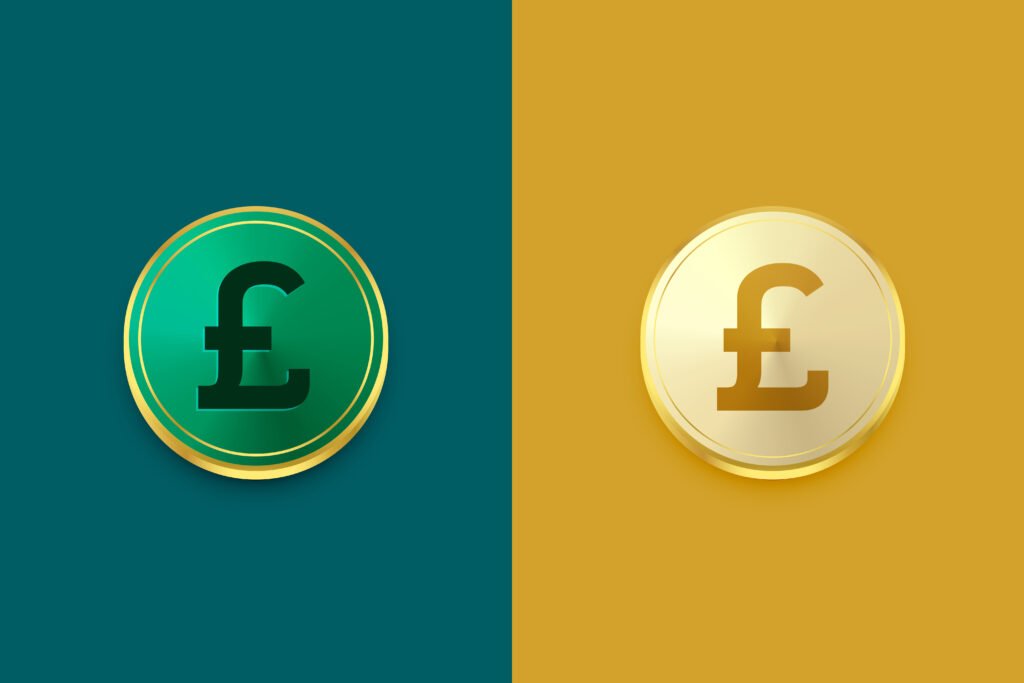How to Improve Your Financial Health?

Managing your finances can sometimes feel overwhelming, but trust me, the rewards are worth it! Financial health is more than just the numbers in your bank account—it’s all about feeling confident, secure, and ready for anything life might send you. If you’re eager to take charge of your money, these tips help you make meaningful progress while keeping things practical and manageable.
1. Build a Budget You Can Stick To
A budget serves as a blueprint for your financial life, but it’s effective only if it suits your needs. The objective isn’t to limit every small expenditure and empower your spending purpose.
How to Get Started:
- Start with customary recordings of your direct and indirect earnings.
- Now, outline your fixed expenses that occur every month, such as rent, utilities, and insurance.
- If you have any existing loans or debts, consider the repayable amount.
- Allocate the savings towards future goals or plans.
Real Talk: Consider using budgeting apps to make managing your finances more straightforward, though a simple spreadsheet can do the job just as effectively! The important thing is to check in regularly and make adjustments as your life changes happen.
2. Create an Emergency Fund (Your Financial Safety Net)
Life is full of surprises, and not all surprises are often pleasant! That’s why one needs to build an emergency fund, which acts as a safety net for unforeseen costs, such as car repairs or medical bills. Through the rugged shores, this not only acts as a financial resource; it also provides the peace of mind from being prepared.
How to Build an Emergency Fund:
- An Emergency Fund doesn’t require a big sum; you can start with a small amount, such as £500 and £1,000 initially.
- Always put such a sum in an account with minimal interactions; it will help you avoid the temptation of using those funds.
- You can also opt for an automatic savings plan, which deducts a pre-determined small sum each month’s payday.
Why It Matters: A modest emergency fund acts as a safety net, helping you avoid credit card reliance during unexpected financial challenges. This cushion manages immediate expenses and prevents high-interest credit card debt usage.
3. Tackle Debt Without Losing Your Sanity
Debt is a heavy burden that is not only financially but also emotionally absorbing. But if you have a strong plan, you can minimise the load. The key is to stay consistent and remember to celebrate each small victory along the way!
Two Popular Strategies:
- Snowball Method: Start by paying off your smallest debts. Each time you pay one off, it gives you a sense of accomplishment and keeps you motivated.
- Avalanche Method: Prioritise debts with the highest interest rates first, as this strategy can save you money in the long run.
Always remember to make at least minimum payments on your debts to avoid late fees and protect your credit score, which is vital for financial health. Maintaining a consistent payment schedule, even if minimal, is essential to safeguard your creditworthiness and reduce future financial stress.
4. Learn the Money Basics
We all know the best thing money can buy is financial freedom, so gaining knowledge of how personal finance works is truly empowering! By grasping how money works, you’ll be able to make wiser choices, steer clear of expensive missteps, and create a brighter financial future for yourself. Also, it can save you from many future frauds and scams.
How to Get Started:
- Discover inviting books that share valuable insights into essential money strategies.
- Connect with friendly financial experts on social media who explain concepts in easy-to-understand ways.
- Enjoy listening to podcasts while you’re commuting or cooking – they make great companions for dinner.
Pro Tip: Don’t try to learn everything at once; instead, focus on one specific topic. Whether budgeting, investing, or debt repayment, dedicate your time and energy to mastering that area before moving on to another. This approach allows you to build a solid foundation of knowledge and confidence, making the learning process more effective and manageable.
5. Invest in Your Future
For a beginner, the investment might be an intimidating thought, with lots of overthinking, stress and battle to find a fertile investment opportunity. It’s one of the most effective ways to build your wealth over time. The sooner you begin, the more you will gain from compound interest, which means earning money on the already invested money.
How to Begin:
- Open an investment account, like a Stocks and Shares ISA.
- Start with low-cost index funds that spread your risk.
- Commit to contributing regularly, even if it’s a small amount.
Big Picture: Investing is a long-term endeavour that requires planning and patience. Instead of timing the market, successful investing focuses on a consistent commitment by understanding markets, researching investment options, and allowing growth and compounding. Ultimately, it’s about dedicating time and recognising that accurate returns come from sustained engagement. Thus, investing becomes a strategic journey rewarding those who commit to long-term courses.
6. Protect What You Have
Building wealth is important, but protecting it is just as critical. Think of it like putting a lock on your financial house.
How to Safeguard Your Finances:
- Get insurance for what matters: health, life, home, and even income protection.
- Review your policies annually to make sure they still fit your needs.
- Monitor your credit report regularly to catch any signs of fraud.
Why It’s Worth It: Even small planning significantly reduces the risk of significant problems and unexpected costs. Investing effort in current projects creates a smoother path. This proactive approach avoids headaches and prevents larger expenses from poor preparation or haste. Ultimately, a little foresight ensures a more manageable and budget-friendly outcome in the future.
7. Plan for Retirement (Yes, Even If It Feels Far Away)
Retirement may feel distant, but planning now makes it easier to achieve. Think of it as future-you helping present-you by laying the groundwork today. Early planning builds a solid retirement plan, ensuring financial security and peace of mind as you enter this new life phase. Proactive steps now guarantee resources and freedom to enjoy retirement—travelling, hobbies, or time with loved ones.
How to Plan Ahead:
- Contribute to your workplace pension plan or set up a personal retirement account.
- Increase your contributions whenever your income goes up.
- Use retirement calculators to determine how much you’ll need to live comfortably.
Fun Fact: If your employer matches contributions for your retirement savings, take full advantage of it. Matching contributions offer free money that boosts your savings. By contributing at least up to the match amount, you maximise your investment and secure a more comfortable financial future. Don’t miss out on this benefit; make the most of it!
8. Don’t Let Lifestyle Inflation Sneak In
As your income grows, it’s tempting to spend more on little luxuries. While there’s nothing wrong with treating yourself, be mindful of how it affects your bigger picture. Keeping your long-term financial goals in mind can help ensure that small indulgences do not derail your financial stability.
How to Stay Grounded:
- Set a rule to save or invest a portion of every raise or bonus.
- Regularly revisit your financial goals to keep them front and centre.
- Remember that happiness comes from experiences and security, not just stuff.
Balance Is Key: Enhancing your life is worthwhile, and seeking upgrades for your well-being is valid. Whether through personal development, career growth, or new experiences, pursuing a better life leads to happiness and fulfilment. Don’t hesitate—take action and make positive changes. Elevating your life is important; the journey of improvement is rewarding.
9. Diversify Your Income
Relying on a single income source is risky. Job loss or economic downturns can jeopardise your financial stability. Diversifying income—through side jobs, investments, or passive sources—enhances security and resilience, paving the way for wealth accumulation and long-term financial goals.
Ideas to Explore:
- Start a side hustle doing something you enjoy.
- Invest in dividend-paying stocks or rental properties.
- Sell products or services online.
Why It Works: Even small income streams can significantly improve financial stability, offer a buffer for unexpected expenses, and create savings and investment opportunities. Exploring freelance work, passive income, or side businesses can enhance overall financial health success.
10. Check In With Your Finances Regularly
Your financial health is an ongoing process requiring regular attention and adjustments. Like physical health, maintaining financial well-being involves continuous evaluation and planning to align strategies with your goals through different life stages. Whether encountering new expenses, income changes, or shifting priorities, regularly revisiting your financial plan is crucial for long-term stability and success.
What to Look At:
- Are you meeting your savings and debt repayment goals?
- Is your budget still realistic and effective?
- Are there new opportunities to save or earn more?
Tip: Schedule a monthly money date with yourself to review your progress and make tweaks as needed. Make it fun—grab a coffee or a glass of wine and celebrate your wins!
Final Thoughts
Improving your financial health is a journey, and every small step you take gets you closer to your goals. Whether it’s building an emergency fund, learning about investing or simply sticking to a budget, progress is what matters. Be patient with yourself, celebrate the milestones, and remember: you’ve got this!


 English
English 





































































































